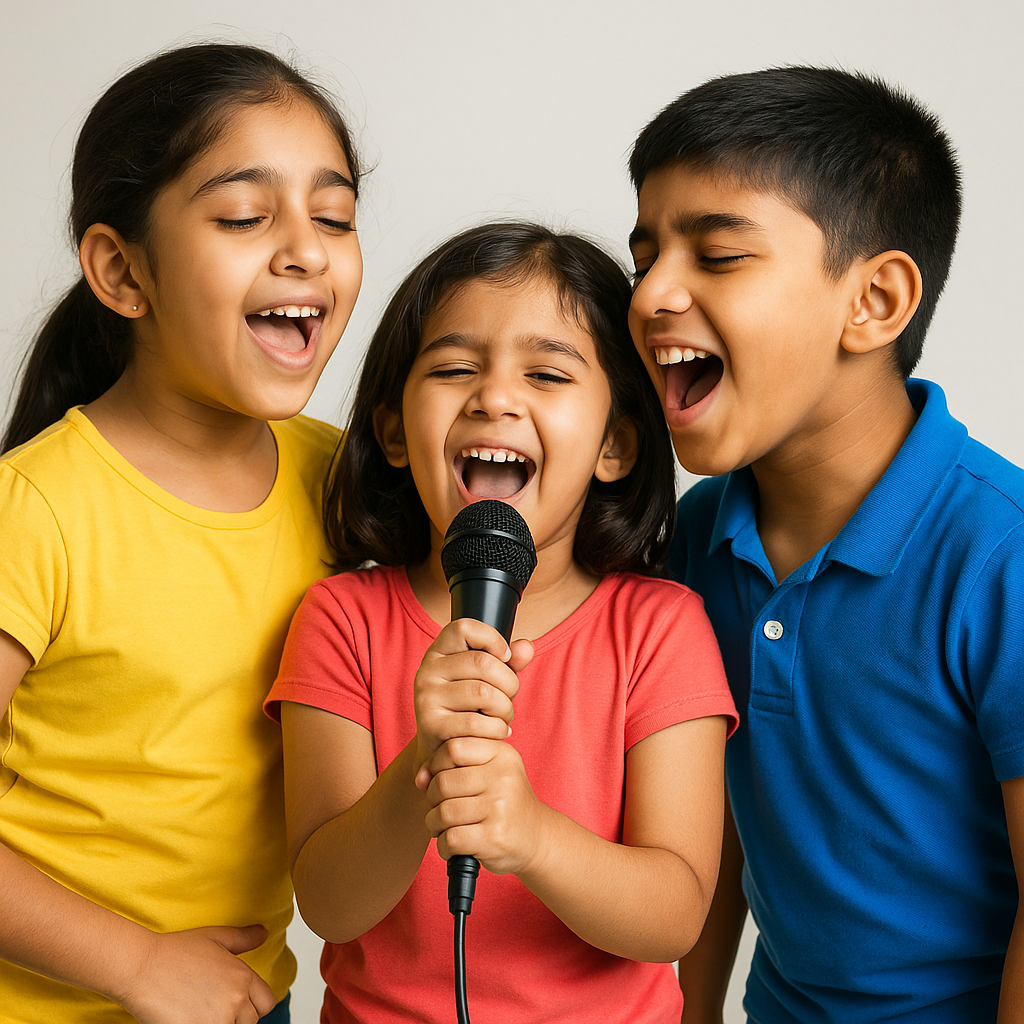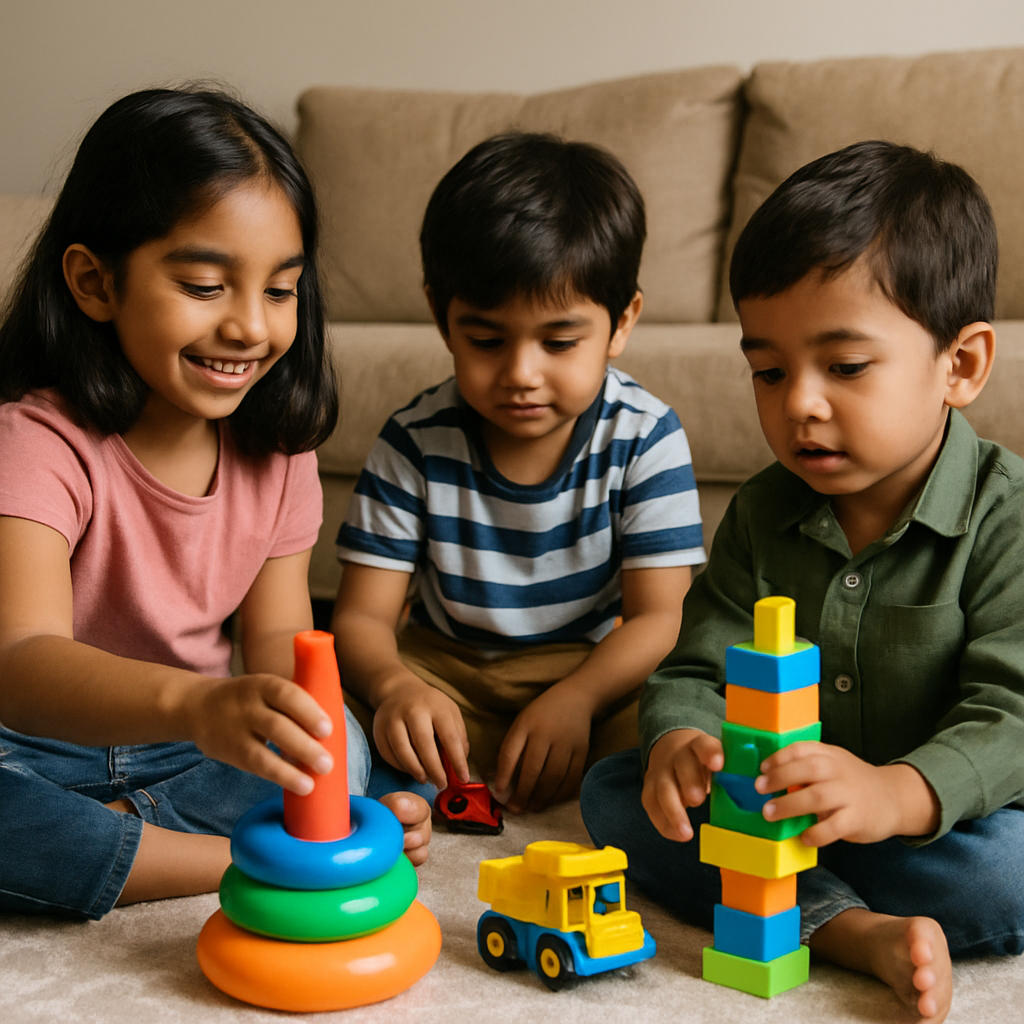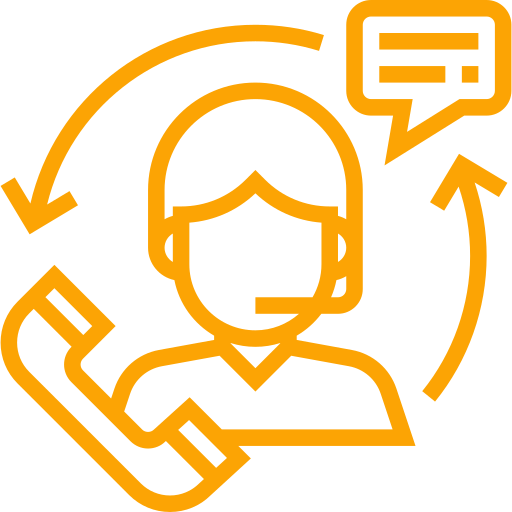From the gentle lullabies that soothe infants to the catchy tunes that inspire impromptu dance parties, music is woven into the very fabric of childhood. It's universally enjoyed, undeniably fun, and often, simply magical. But what if we told you that beyond the joy and entertainment, music is a powerful developmental tool, actively shaping and stimulating your child's brain?
At Kidara, we believe in the profound impact of play – and musical play is no exception. It’s a harmonious blend of fun and profound cognitive development. Let's explore how immersing your child in the world of music can truly unlock their potential.
Why Music is a Brain Booster: More Than Just a Tune
Scientific research consistently shows that engaging with music offers a symphony of benefits for a child's developing mind:
-
Language & Literacy: Setting the Stage for Communication Have you ever noticed how easily children pick up the words to a song? That's because music, with its inherent rhythm and melody, significantly aids in language acquisition.
- Phonological Awareness: The ability to hear, identify, and manipulate sounds in spoken language is crucial for reading. The rhythmic patterns and rhyming schemes in songs directly enhance this skill.
- Vocabulary Expansion: Songs introduce new words and concepts in a memorable, engaging context, building a rich vocabulary.
- Rhythm of Speech: Understanding the cadence and flow of music translates directly to understanding the rhythm and intonation of spoken language, vital for clear communication.
-
Mathematical Skills: The Hidden Harmony of Numbers It might sound surprising, but music is deeply rooted in mathematics.
- Patterns & Sequences: Musical pieces are built on intricate patterns, rhythms, and sequences. Recognizing these patterns in music helps children grasp similar concepts in math.
- Counting & Fractions: Simple counting in beats, or understanding how notes relate to each other (e.g., a whole note vs. a half note), lays an intuitive groundwork for numerical understanding and fractions.
- Problem-Solving: When children experiment with sounds, create their own simple melodies, or even try to figure out how a toy instrument works, they are engaging in basic problem-solving.
-
Memory & Concentration: Sharpening the Mind Learning a song, remembering lyrics, or following a melody requires significant mental effort.
- Auditory Memory: Repeated exposure to songs strengthens auditory memory, crucial for academic learning.
- Focus & Attention: Engaging with music, whether actively singing or passively listening, helps children develop sustained attention and concentration skills, which are transferable to other learning environments.
-
Patience & Discipline: The Virtues of Practice Even with toy instruments or karaoke, there's an element of practice. Learning to sing a whole song, or coordinate movements to a beat, introduces concepts of patience and consistent effort – valuable life skills.
Kidara's Role in "Brainy" Fun: Where Learning Meets Laughter
At Kidara, we've carefully curated a range of musical and educational toys designed to harness these cognitive benefits in the most joyful way possible.
- Kidara's Karaoke Machines: More than just party props, our Sing Square Karaoke Speakers or Berry Pop Strawberry Themed Wireless Mics are powerful tools for brain development. They encourage children to memorize lyrics, understand rhythm, and articulate words clearly, all while building confidence. The fun voice changers and lights make it an exciting multi-sensory learning experience.
- Intelligence Phonetic Learning Books: Our interactive Intelligence Phonetic Learning Books seamlessly blend music and early education. They use sounds, songs, and engaging melodies to teach alphabets, numbers, animals, and more, making language acquisition an auditory adventure.
- Dancing Musical Toys: Toys like our Dancing Cactus Pro or Dancing Boy/Girl Toys introduce children to rhythm, cause-and-effect, and simple patterns. Their engaging movements and catchy tunes subtly encourage auditory processing and coordination.
Tips for Parents: Orchestrating a Musical Childhood
You don't need to be a music teacher to integrate these benefits into your child's life:
- Encourage Diverse Listening: Introduce your child to various genres – Indian classical, folk, pop, Western classical – to broaden their auditory palette.
- Sing Together as a Family: Whether it's nursery rhymes, devotional songs, or pop hits, family sing-alongs are fantastic for language, bonding, and pure joy.
- Provide Simple Musical Toys: Start with age-appropriate musical toys that allow for exploration without complexity.
- Make it a Daily Rhythm: Integrate music into routines – a morning dance party, a calming melody before bedtime, or background music during playtime.
Music is a universal language that speaks to the soul and stimulates the mind. By embracing musical play, you're not just providing entertainment; you're investing in your child's holistic cognitive growth, laying a strong foundation for future learning and success.
Ready to ignite your child's genius with the power of rhythm and melody? Visit Kidara.in today to explore our exciting range of musical and educational toys designed to make learning an unforgettable song!







Leave a comment
This site is protected by hCaptcha and the hCaptcha Privacy Policy and Terms of Service apply.